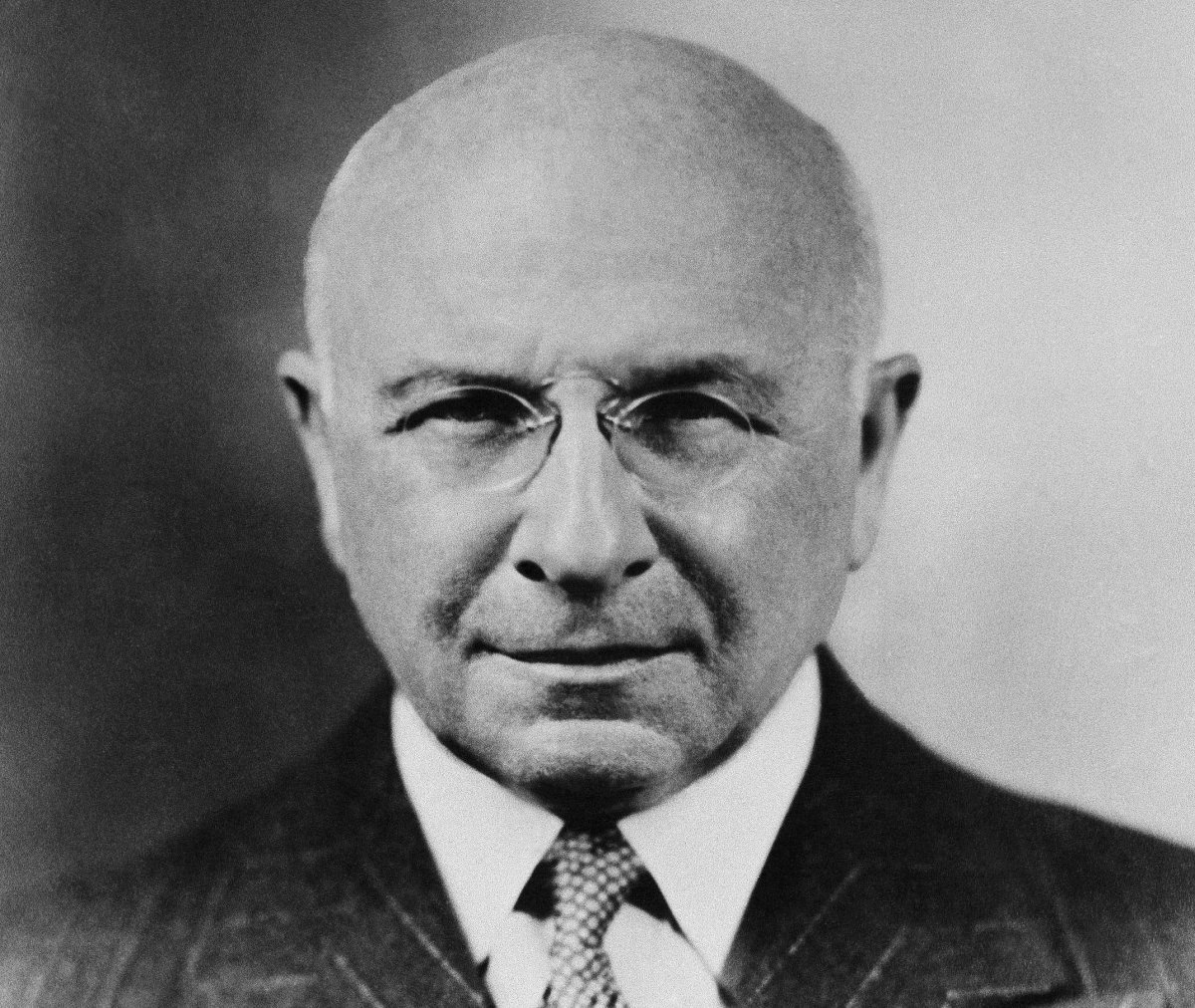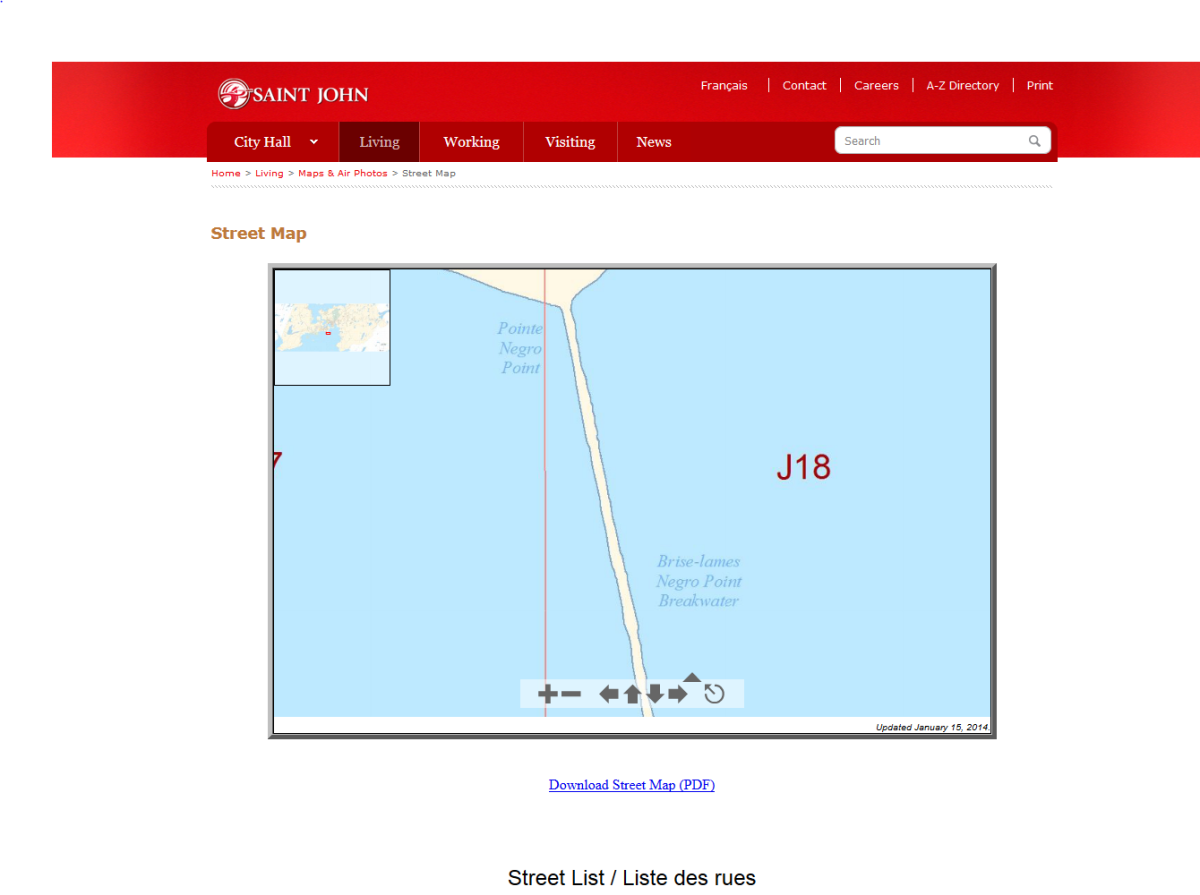In the wake of the deadly white nationalist rally in Charlottesville, Va., monuments and signs that mark the U.S. Confederacy and its soldiers are being torn down.

It’s a controversial topic, as many believe these statues represent America’s pro-slavery movement, while others, including U.S. President Donald Trump, say they should remain intact as they are an important part of history.
But what about here in Canada?
Here is a list of signs, roads and statues named after controversial people in Canada. Many of the road names and statues have changed, but some still exist.
(Note this is not a definitive list.)
Montreal
Who: Street and park named after French Nobel Prize-winner, Alexis Carrel.
Controversy: Carrel was an alleged Nazi sympathizer.
In late August, Montreal’s city council will vote on a few new names for a city street and park. It intends to rename Alexis-Carrel Avenue after Italian Nobel laureate Rita Levi-Montalcini, known for her work in neurobiology.
Halifax
Who: Edward Cornwallis is a soldier and politician who founded Halifax in 1749.
Controversy: Cornwallis issued an order dubbed the “Scalping Proclamation” in October 1749, in response to an attack on colonists, which paid out a government-funded bounty to anyone who killed a Mi’kmaq adult or child. The death toll of the attacks that occurred is not known, according to the Canadian Encyclopedia, but dozens of people claimed rewards.
There have been several calls to remove Cornwallis’ statue, which was erected in the 1930s. The statue is routinely vandalized and was recently painted with the message ‘F*** 150’ as Canada celebrated its birthday in July.

Port Alberni, B.C.
Who: An elementary school and street named after Alan Webster Neill, the mayor of Port Alberni and a Member of Parliament from 1921 to 1945.
Controversy: During his time in office, he was a strong supporter of Japanese internment during the Second World War. He was also the Indian Agent for the West Coast of Vancouver Island from 1903-1913 and supported the residential school system in the Alberni-Clayoquot region.
Quebec
What: There were around 11 sites, including lakes and rapids, in Quebec that contain the N-word or the word Nègre. In 2015, the Quebec government said it would strip the word from all place names in the province.
New Brunswick
What: In February, New Brunswick officially replaced five place names in the Saint John area that use the anachronistic term “Negro.” The province announced that Negro Lake in Grand Bay-Westfield will be called Corankapone Lake in honour of Richard Wheeler, whose African name was Corankapone.
In April 2016, the government also changed the name of Negro Brook Road to Harriet O’Ree Road in Sussex, after a black woman who had lived on the road, according to an 1861 census.
Regina
Who: Road named after Edgar Dewdney, who was the Indian Commissioner of the North West Territories in the late 19th century, which included Saskatchewan, Alberta, and parts of B.C.
Controversy: Dewdney’s harsh policies included withholding rations from Indigenous People to force them to settle on reserves. In January, an Indigenous group called on the city to change the street name to Buffalo Avenue.
Dewdney Avenue is also found in many other cities across Canada, and there is even a community in B.C. called Dewdney.
WATCH: Indigenous group calling for more culturally sensitive street names

Montreal
Who: The Hudson’s Bay Company in downtown Montreal removed a plaque on the company’s story that commemorates Jefferson Davis.
Controversy: Davis was the president of the Confederate States during the American Civil War.
The Montreal plaque, which has been there since 1957, hung on a wall of the HBC store on Union Avenue. Written in French, it read: “To the memory of Jefferson Davis, president of the Confederate States, who lived in 1867 in the home of John Lovell, which was once here.”
Ottawa
Who: Building across from Parliament Hill named after Sir Hector-Louis Langevin, a Canadian lawyer, politician and one of the Fathers of Confederation.
Controversy: Langevin was associated with the residential school system. In January Prime Minister Justin Trudeau said the federal government was changing the name of the building, out of respect for Indigenous People. It’s now called the Office of the Prime Minister and Privy Council.

—With files from Global News’









Comments